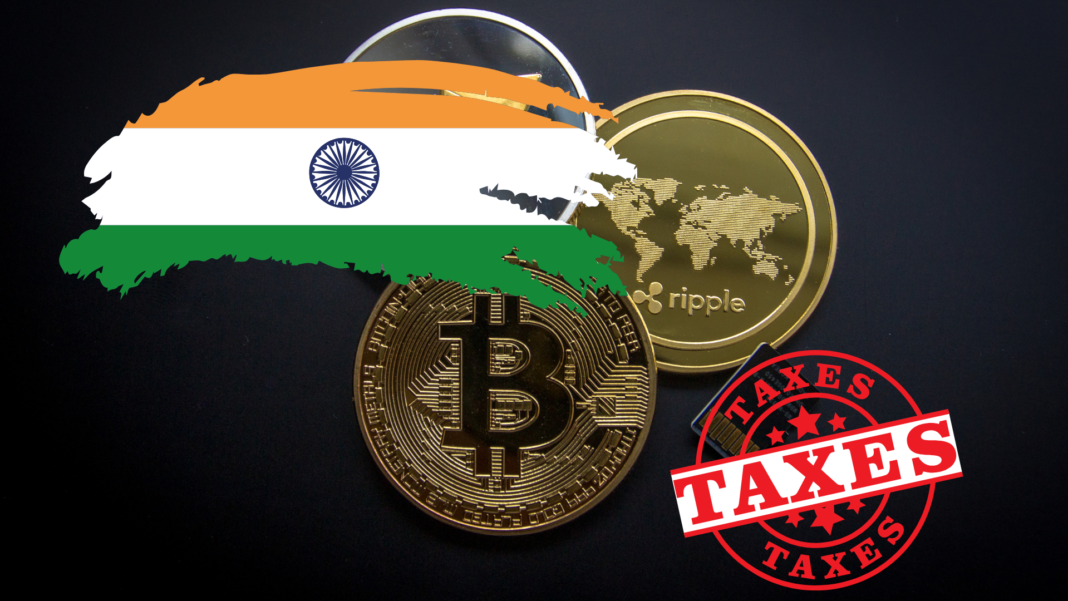India’s Finance Minister Nirmala Sitharaman announced the Budget 2025 on Saturday, unveiling major tax relief measures, including a direct tax exemption of up to ₹12 lakh (₹1.2 million).
However, the crypto industry was once again left out of key policy discussions, dashing hopes for regulatory clarity and tax reforms.
Crypto Taxes in India
The Indian government will continue to impose a 30% tax on capital gains from virtual digital assets (VDAs), including cryptocurrencies, along with an additional 1% Tax Deducted at Source (TDS).
This decision comes despite repeated requests from industry leaders and stakeholders for a more progressive tax structure that would encourage crypto adoption in India.
Crypto Industry’s Longstanding Demand for Reforms
The Indian crypto sector has been pushing for a shift from the current flat 30% tax on capital gains to a tiered tax structure, similar to stocks or other financial instruments.
Additionally, the industry has called for comprehensive regulations to provide legal clarity, attract institutional investors, and curb illicit activities.
However, in Sitharaman’s 1.5-hour-long budget speech, there was no mention of cryptocurrency or blockchain—a glaring omission that signals continued uncertainty for the sector.
Crypto investors and industry leaders had hoped for lower TDS rates, an adjustment that could boost trading volumes and increase participation in the sector. Instead, the existing tax structure remains unchanged, further discouraging retail and institutional investment in digital assets.
Also Read: Indian Government Cracks Down on 17 Crypto Exchanges for Massive Tax Fraud Worth $97.1M
Public Calls for Crypto Regulations Grow Louder
As India emerges as a global leader in digital finance and technology, the absence of clear crypto regulations continues to be a major concern.
With millions of Indian investors participating in the crypto market, the lack of legal clarity has left both businesses and individuals in a state of uncertainty.
Many countries, including the U.S., UAE, and several European nations, have moved toward regulating cryptocurrencies, recognizing their potential to drive economic growth and innovation.
India, on the other hand, has taken a cautious approach, keeping the sector largely unregulated while continuing to tax crypto transactions heavily.
India’s Crypto and AI Mission
While crypto was left out of the budget, India is making strides in AI innovation. Reports suggest that the Indian government is close to unveiling the successful bidder for procuring graphics processing units (GPUs) under its ambitious IndiaAI Mission.
This initiative aims to boost AI research and development in India, ensuring that local talent has access to cutting-edge computational resources.
In another significant development, Indian telecom giant Reliance Jio, owned by billionaire Mukesh Ambani, has launched its blockchain-based token, JioCoin, on the Polygon network.
While details about its use case remain limited, the move signals Reliance Jio’s increasing interest in blockchain technology and its potential applications in telecom, payments, and digital transactions.
The Budget 2025 was a missed opportunity for the Indian government to address the growing demand for crypto reforms. While tax relief was granted in other areas, the crypto industry continues to face high taxation and regulatory uncertainty.


